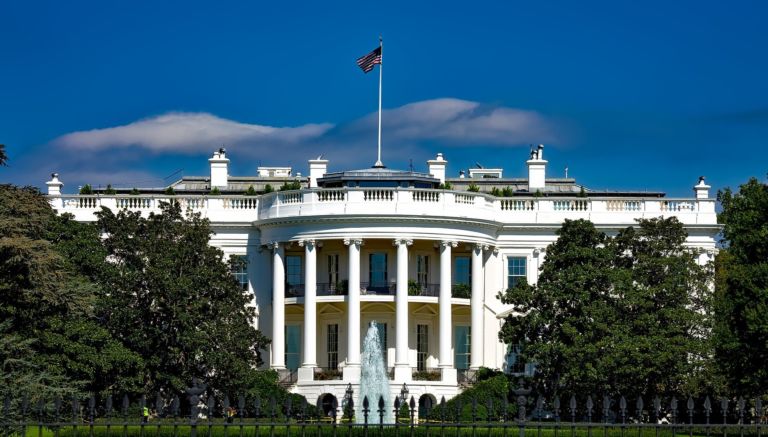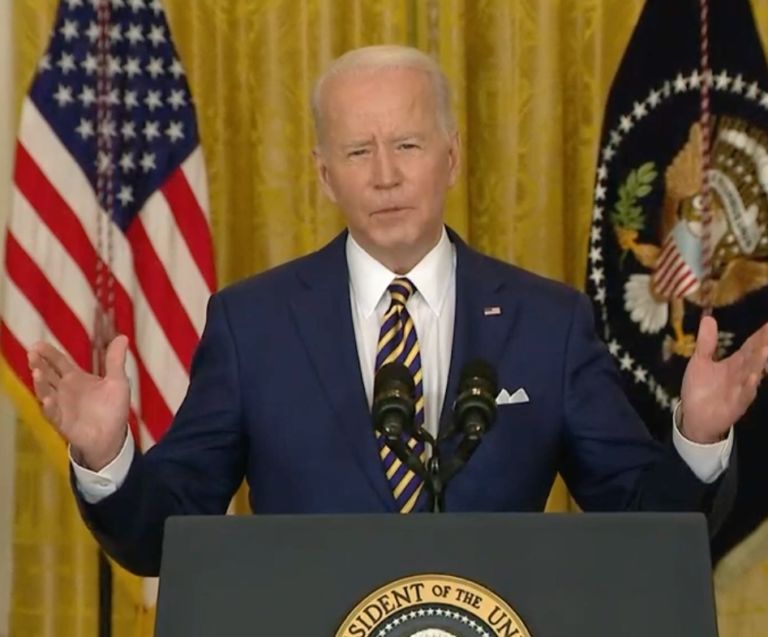WRAL earlier this week published an editorial titled “Take the money, it’s ours. Expand Medicaid.”
The article misses the mark in many ways, starting with the article title itself.
The money to pay for Medicaid expansion is not “ours.” It doesn’t even exist.
The federal government is already $28 Trillion in debt. That’s nearly a quarter of a million dollars’ worth of debt for every American taxpayer.
This means that every dollar the federal government would send to North Carolina to pay for Medicaid expansion would need to be borrowed, increasing the debt still further, or created out of thin air by the Federal Reserve. Most likely, all, or the majority of, expansion payments would be funded by newly created money by the Fed.
Artificial increases in the money supply benefit the already wealthy investor class through inflating stock market and housing bubbles, while the resulting price inflation creates cost of living increases that crush low-income households.
The article then begins with the statement, “There are no good reasons for North Carolina not to expand Medicaid coverage to as many as 650,000 North Carolinians who now lack affordable access to health care.”
Of course there are good reasons to oppose Medicaid expansion, plenty of them. WRAL just has no interest in hearing them.
For instance, enrolling 650,000 more people onto an already crowded Medicaid program does not ensure “access to health care,” it merely ensures coverage. But coverage does not equal access to care.
WRAL itself highlighted this difference in a 2014 article, discussing how people newly-covered by Obamacare plans were struggling to find primary physicians. With a significant share of doctors not accepting Medicaid patients at all, the lack of access to care for newly enrolled Medicaid patients under expansion would be worse still. Moreover, North Carolina’s Medicaid program has already swelled to 2.1 million enrollees – an increase of nearly a million people in twenty years – at a time when doctors are already increasingly overwhelmed, the question remains: who will Medicaid enrollees see when they get sick?
One answer is emergency room doctors. Research shows that Medicaid enrollees actually utilize the highly expensive ER more frequently than the uninsured, in no small part because they have such trouble finding a primary care physician. Unfortunately, ERs are not prepared for this new influx of Medicaid patients. A 2015 survey by the American College of Emergency Physicians found that “70% of member physicians believe their emergency department is not adequately prepared for potentially substantial increases in patient volume.”
After ignoring all of the above concerns, WRAL reassures readers not to worry about the state’s share of the costs, because “The state’s hospitals have promised that they’d cover the additional costs of the expansion.”
But does WRAL think that hospitals will just eat the hundreds of millions of dollars in Medicaid expansion fees? That’s an absurd assumption.
Many hospitals already operate on thin margins, and the decrease in revenue over the last year due to hospitals’ cancelling many non-Covid treatments has their finances in even more tenuous position.
Instead of just eating the addition Medicaid expansion costs, hospitals will attempt to pass along these costs to patients.
Because Medicaid and Medicare reimbursement rates are determined by the government, hospitals would need to negotiate higher rates with private insurers. Higher rates will translate into higher premiums, and because most privately insured people have coverage through their job, it will be employers who are stuck with the higher bill. Higher costs of insurance coverage for workers leaves less money for salaries, and smaller businesses will be especially hardest hit.
In short, the Medicaid expansion fees will most likely end up suppressing worker wages.
There are several other problematic claims in the WRAL piece, but suffice it to say that claiming that there are “no good reasons” to oppose Medicaid expansion is simply their way of refusing to reckon with the opposition. Rather than debating expansion, they want to convince readers there is only one allowable opinion on the topic.


